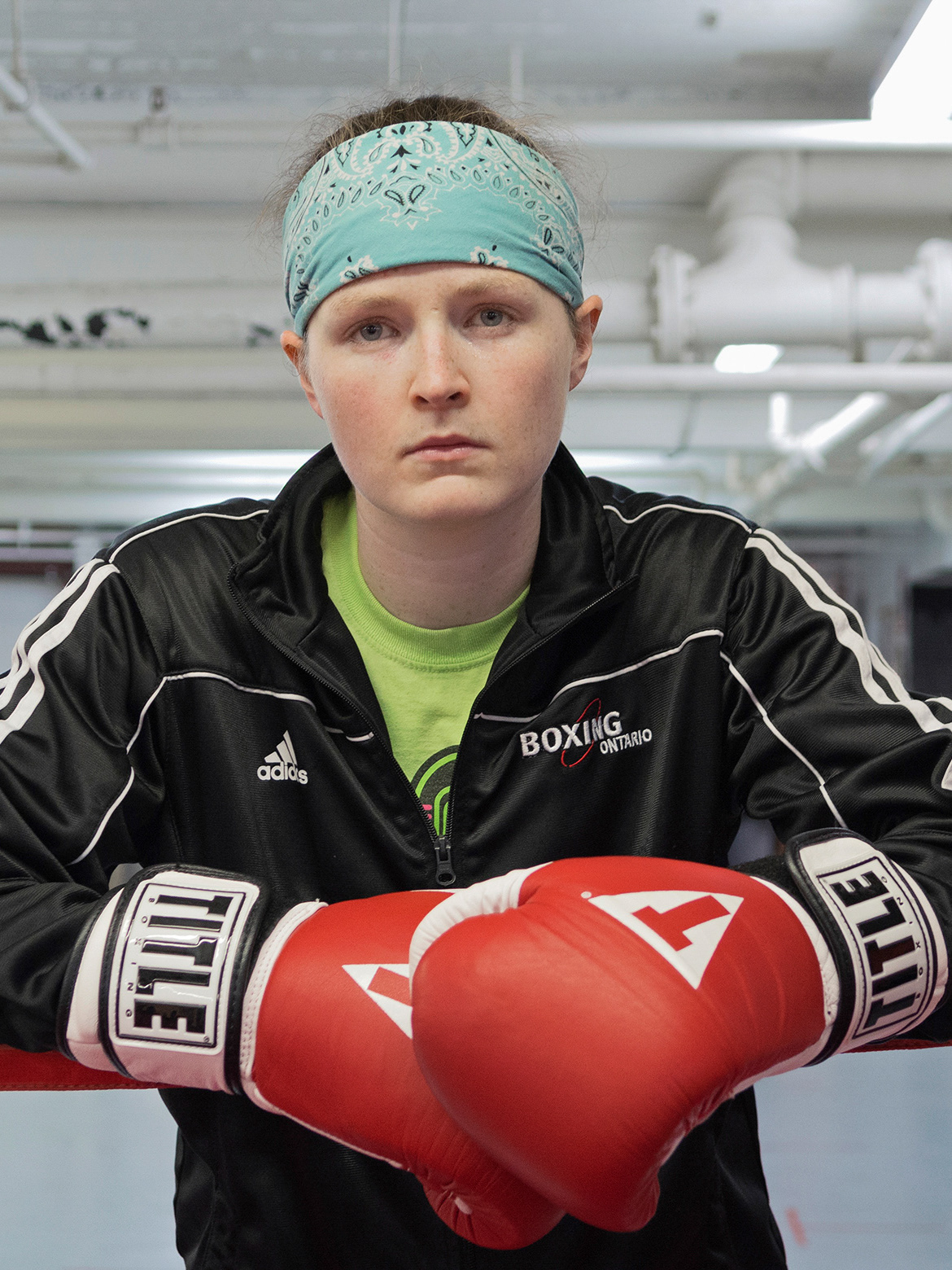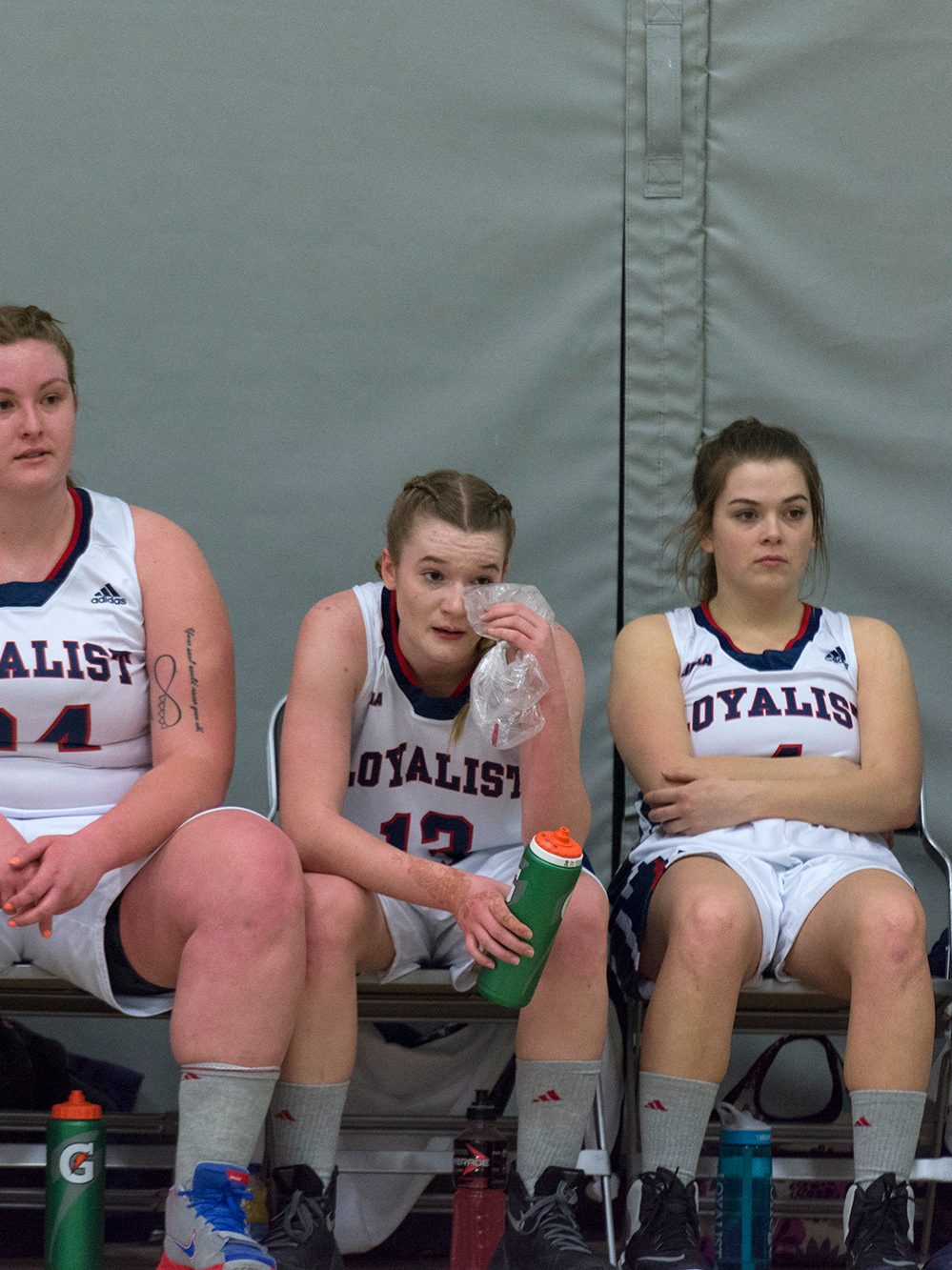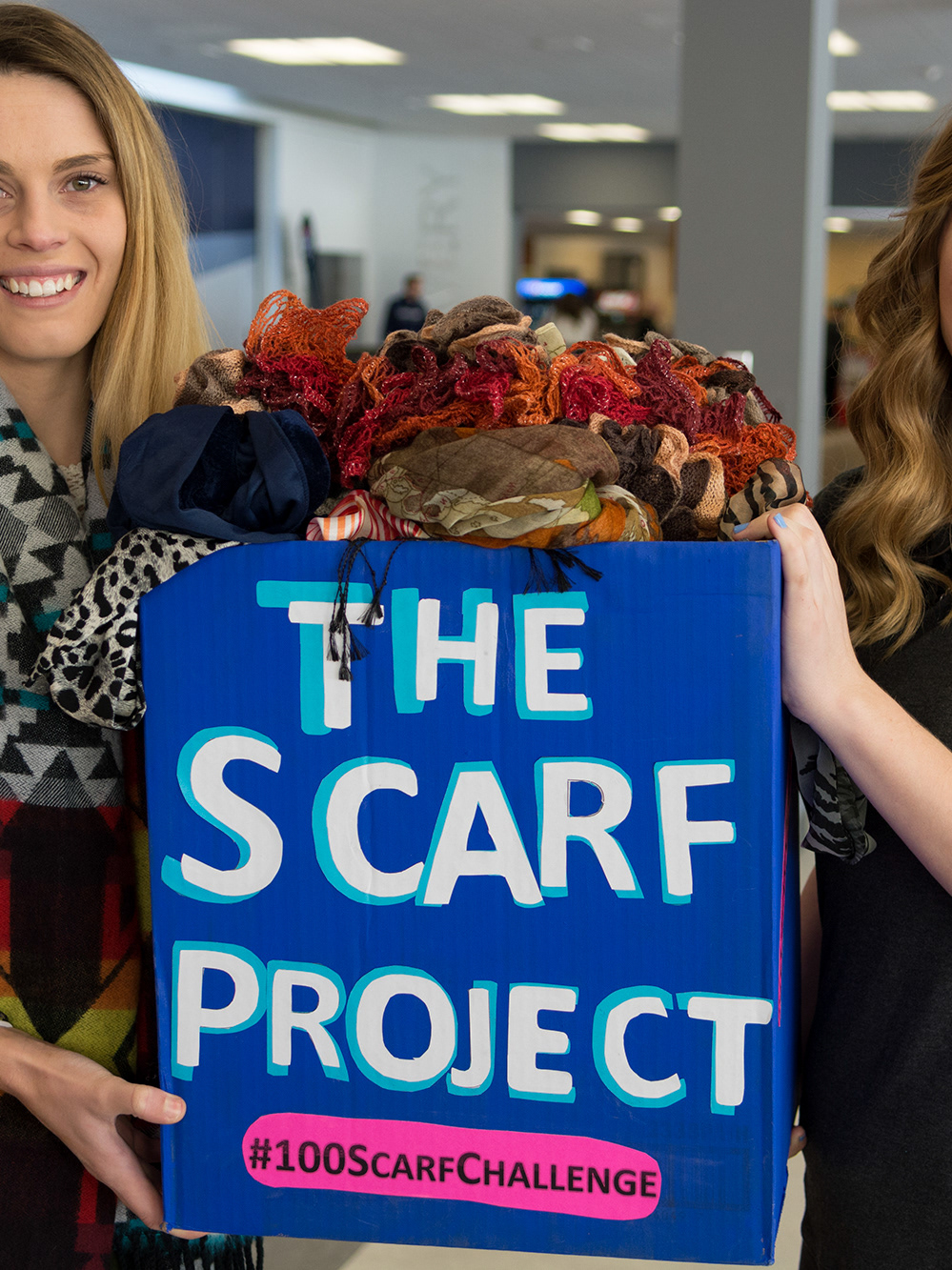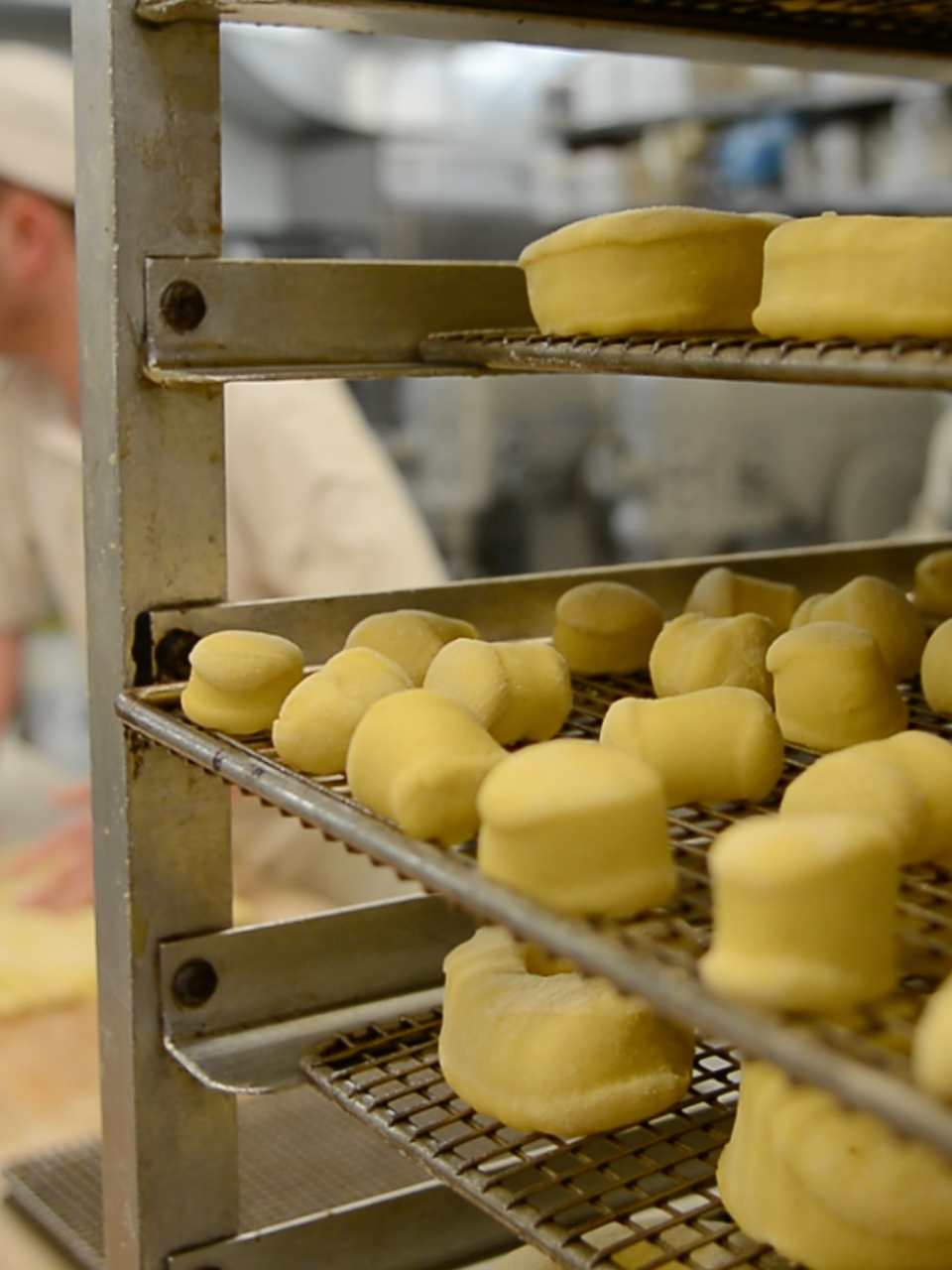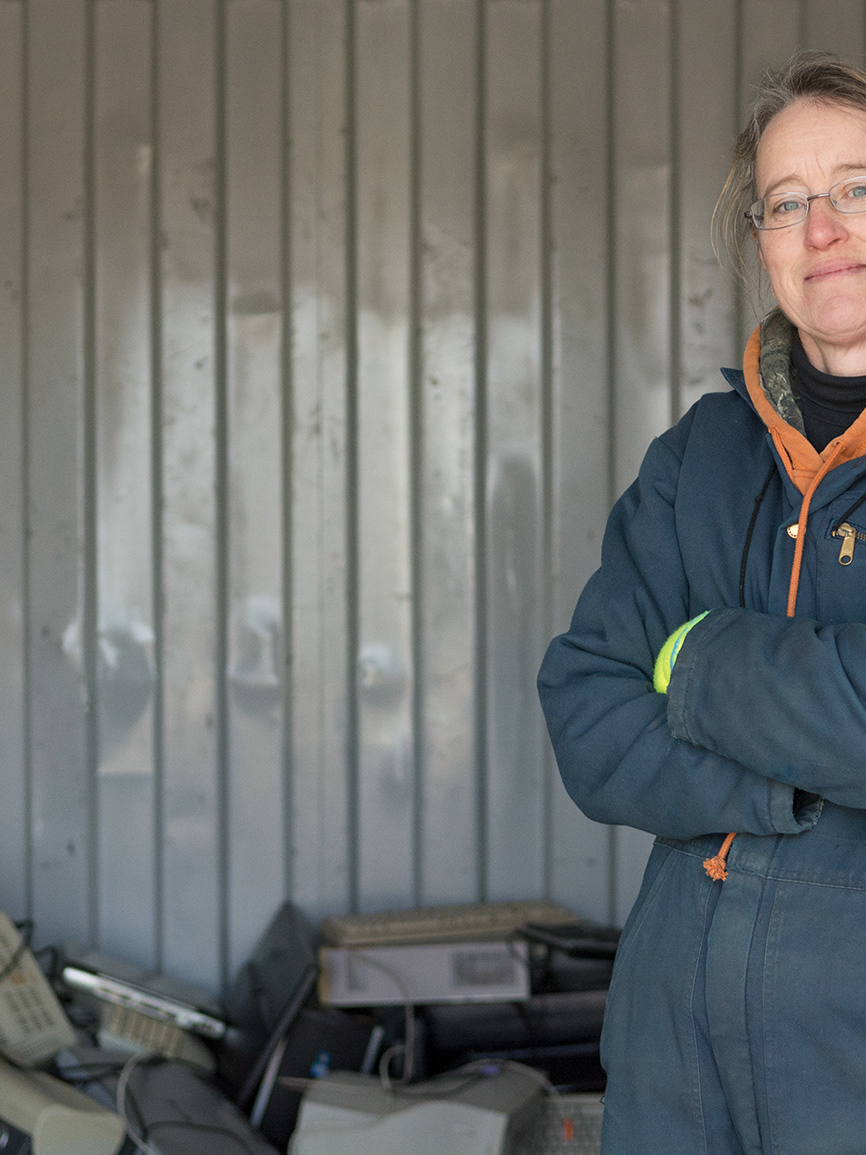Loyalist College has received approval from Health Canada to use their supercritical CO2 lab for medical marijuana testing.
“We’re pretty excited. This is the first step. With this approval, it’s a go ahead to talk with the community and the regional partners. We’d like to move things on as soon as possible,” said Loyalist College biosciences Professor Dr. Kari Kramp.
Loyalist is currently the only college in Canada and the only academic institution in Ontario to have been approved to conduct laboratory research with cannabis under the Narcotic Control Regulations.
The supercritical CO2 lab has worked on numerous natural products over the past 10 years. Approximately 15 studies have been conducted, with products ranging from hops to cricket powder.
“For the college, this research means we are getting in on the ground floor. It opens up our doors and provides opportunity for our students. It also ensures that we are at the cutting edge of this field. We strive to teach students relevant skills in growing sectors,” said Kramp.
The medical marijuana sector has seen exponential growth over the last couple of years. According to Health Canada, in the second quarter of 2015, there were 30,537 registered clients approved to buy cannabis. In 2016, for the same quarter, there was 98,460 clients registered.
The Access to Cannabis for Medical Purposes Regulation, or ACMPR, was established in August 2016, replacing the Medical Marijuana Access Regulations, or MMAR, created in 2001. This new document regulates everything from licensing and access to self-production.
“We’d like to consider local and regional producers. However, we want to reach out further because of our unique skill set. We see ourselves starting modest but growing to other provinces,” said Kramp.
According to the ACMPR, as of August 2016, there were 34 licensed producers in Canada. Four more have been added to that list since. There are 23 licensed producers in Ontario alone.
“Carbon dioxide extraction is considered the gold standard for medical marijuana,” said Kramp when talking about this new and unique field.
“Most solvents are considered carcinogenic, which means that there is a possibility of mutation, leading to cancerous cells. No matter how much you try to get rid of these solvents, there will be a residue from your extract,” said Maduhlika Potukuchi, a biotechnology technologist student working with the research team.
According to the ACMPR, only 13 out of 47 solvents are considered class 3 solvents. These have a low toxic potential and are non-carcinogen causing. The remaining 34 solvents are class 2 and class 1. They are regularly used and accepted to extract goods. Most of them are known to be environmentally hazardous and carcinogenic.
“CO2 is considered green because it doesn’t leave any harmful residue after extraction. It is also non-flammable, tasteless and odourless. The end product that you’re getting is ready to use,” said Potukuchi.
A big part of the research will focus on better characterizing the plant’s active components. Loyalist hopes to provide industries with the opportunity to produce quality goods with the assurance of a safe product.
“We can help licensed producers confirm that their product is organic and does not contain any pesticides or heavy metals,” said Kramp.
Kramp is hopeful that their research will help medical studies in the field as well as advance understanding of medical marijuana.
In a press release, Loyalist College President and CEO Ann Marie Vaughan commented, “Loyalist College is proud to play an important role in the research and development of safe and effective phytomedicinal products,”.

